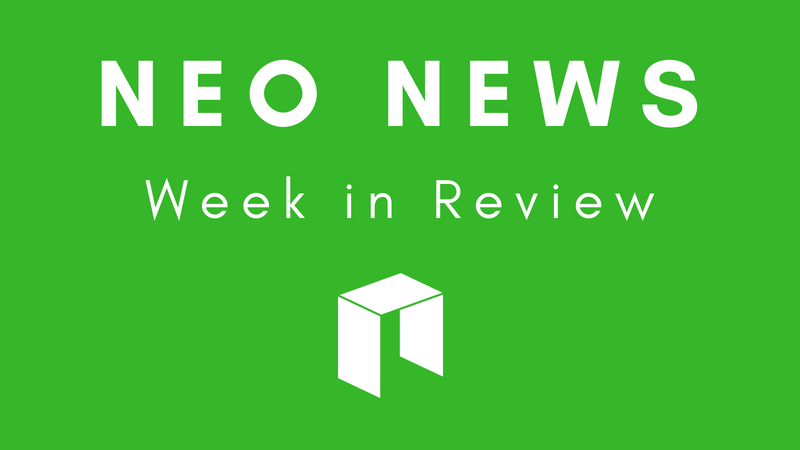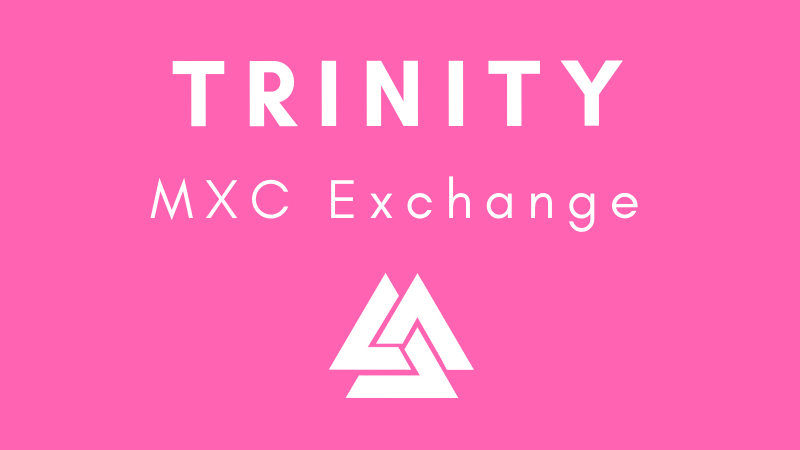
On Friday, January 25th, NEO Colorado hosted its second meetup in Denver, Colorado. The theme of the evening centered on NEO’s path to network decentralization. The meetup was organized by NEO News Today editor Dylan Grabowski, who delivered a presentation on decentralization then opened the floor to a question and answer session.
The meetup was held at Enterprise Coworking, a venue offered through coordination efforts with Colorado Blockchain, a consortium of blockchain and cryptocurrency enthusiasts, investors, and developers.
The presentation consisted of an overview of three types of decentralization: political, architectural, and logical. Afterward, Grabowski discussed NEO’s strategy behind the current centralization of the network consensus nodes. It was relayed to the audience that NEO had incorporated a slow, gradual decentralization process into its design – a process that was iterated in whitepaper 2.0.
In an effort to compare NEO to other blockchains, the hash rate distributions of both Bitcoin and Ethereum were displayed. The top mining pools for both cryptocurrencies control the majority of the networks’ hash rates, which creates its own unique issues with regards to facets of centralization.
The next portion of the conversation was centred around NEO’s consensus mechanism, delegated Byzantine Fault Tolerance (dBFT). Grabowski went on to discuss the Byzantine Generals Problem, and some of the concepts behind dBFT such as block finality, fault tolerance, and more.
The presentation also highlighted NEO’s current MainNet and TestNet consensus node operators, along with what NEO’s decentralization process will look like. In its decentralization, NEO will see shifts in geographic, political, architectural, and token-economic distribution internationally.
Further, the presentation for NEO Colorado outlined the consensus node application process, which seeks “well known commercial projects and communities to run consensus nodes.” To become a consensus node, applicants will need to provide organizational information and meet minimum technical requirements. Interested parties will have four rounds to apply to become a consensus node candidate.
O3 Labs was highlighted as a consensus node candidate. Included was information about the team’s contribution to the NEO ecosystem, and May/June 2019 as the earliest timeframe NEO could see a new consensus node added to its network.
To wrap up the presentation, NEO DevCon was briefly outlined. Talking points included topics of discussion and keynote speakers that will present at the event.
Following the presentation, attendees in the audience asked the following questions:
- When discussing decentralization, is that decentralization within the community, like in the sense of urban planning?
- What exactly is a node?
- What’s the advantage of having a blockchain that doesn’t fork?
- Other than the NEO Foundation, are there any other parties that make contributions to the NEO core blockchain? If so, is the NEO Foundation accepting of that?
- As it seems, everyone in the system is vetted there aren’t dishonest actors that exist to stress test the system. How is NEO actually testing dishonest actors?
- With all these different entities (i.e. City of Zion, NewEconoLabs, etc.), are they all associated with the NEO blockchain? How can we be sure their ability to reach consensus will be unbiased?
The full presentation and Q&A session can be viewed in the video below:
For more information about NEO Colorado, join the Meetup channel to stay informed about upcoming events:
https://www.meetup.com/NEO-Colorado/







About The Author: Dylan Grabowski
Dylan is a reformed urban planner with a passion for covering the Neo ecosystem. His objective as a writer for Neo News Today is to report news in an objective, fact-based, non-sensational manner. When not behind a computer screen, he can be found in the mountains rock climbing. Find Dylan on Twitter (@GrabowskiDylan).
More posts by Dylan Grabowski